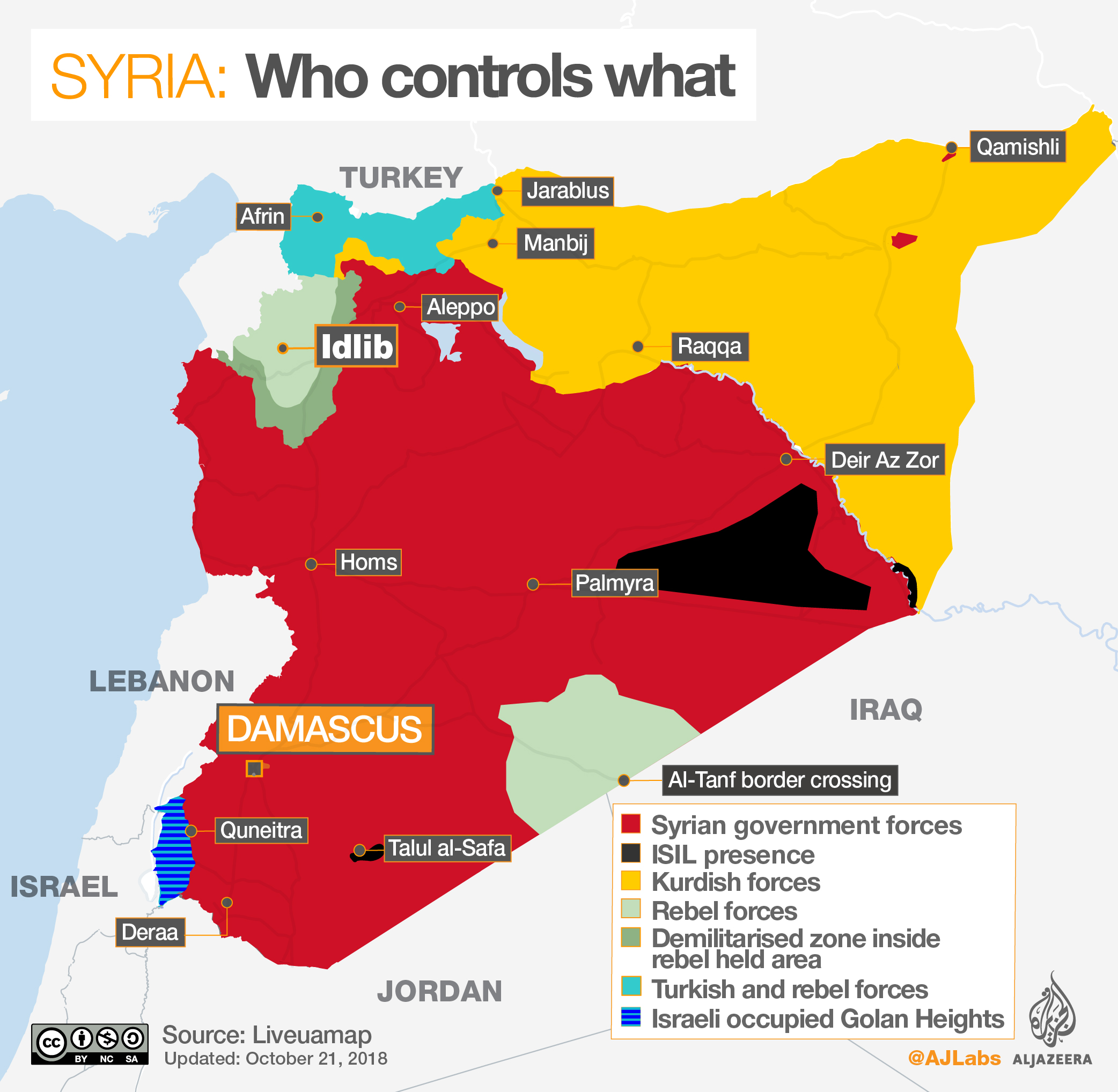7667766266
enquiry@shankarias.in
What is the issue?
How has IS's control shrunk?

Does this mean the IS's defeat?
What lies ahead?
Source: The Hindu